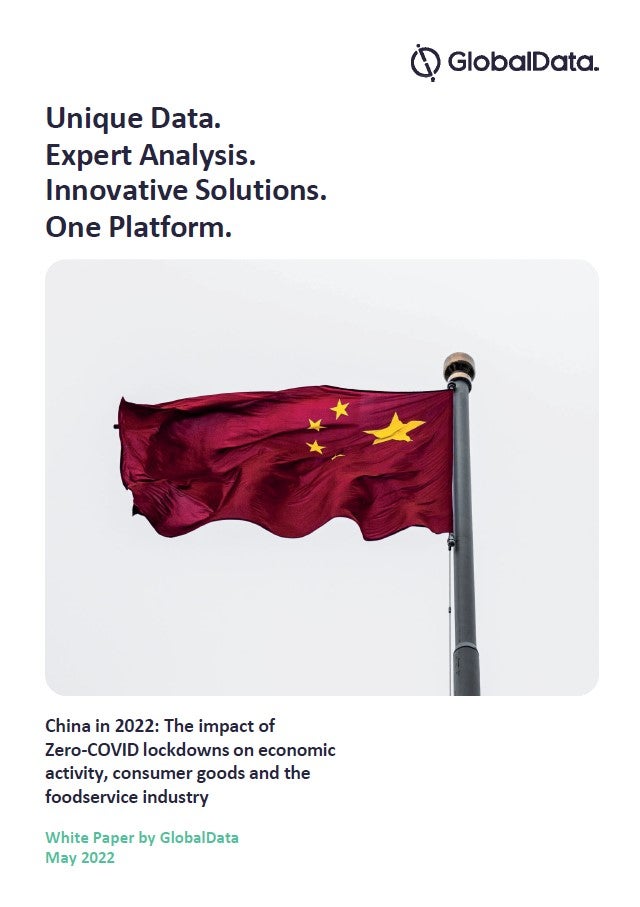Social media’s ability to engage and connect with consumers can also mean that ill-judged online campaigns can just as quickly “go viral” for the wrong reasons. Consumer feedback, both positive and negative, is immediately visible to a global audience and brands must be prepared to respond rapidly when necessary.
Regulatory Trends
Listed below are the regulatory trends impacting the social media theme, as identified by GlobalData.
How well do you really know your competitors?
Access the most comprehensive Company Profiles on the market, powered by GlobalData. Save hours of research. Gain competitive edge.

Thank you!
Your download email will arrive shortly
Not ready to buy yet? Download a free sample
We are confident about the unique quality of our Company Profiles. However, we want you to make the most beneficial decision for your business, so we offer a free sample that you can download by submitting the below form
By GlobalDataContent moderation
The proliferation of fake news, terrorist propaganda, and other harmful content online has increased the pressure on social networks to proactively flag and remove inappropriate content. Platforms have been encouraged to be more proactive on removing dangerous material, as Facebook and other companies have outsourced moderation to third parties. This gives tech giants a degree of “plausible deniability” when failing to flag content.
Chinese social media regulation
The Chinese government has demanded sites remove content considered “inappropriate” and completely banned certain apps. US-based platforms such as Twitter, Google, and Facebook are blocked in China, with their services provided instead by local tech providers such as Sina Weibo and Tencent’s WeChat.
Chinese social media platforms voluntarily self-censor. According to President Xi Jinping, “mobile platforms are the priority,” suggesting emphasis be placed on short-form content that capitalises on the country’s high smartphone penetration.
Antitrust
The structure of social media platforms makes them problematic to regulate. Traditionally, free speeches, press, advertising, and commerce existed in separate spheres and were therefore regulated separately. However, social media platforms have merged all these aspects into one, giving few companies disproportionately large access to sensitive information.
Regulators are wary of Facebook’s potential for anti-competitive practices and the risk to users of such high data centralisation. In response, the US justice department has opened up an antitrust review into major technology firms.
Data privacy
Data footprints in the realm of social media are important, largely due to the amount of time users now spend on social media. This is particularly the case when sensitive information and content is frequently shared across messaging apps social networks. Privacy concerns have also helped motivate a sub-trend of migration to “dark social”, rejecting open networks for private encrypted platforms to share content.
The 2018 Cambridge Analytica scandal exposed how companies could harvest millions of Facebook users’ data without consent for political advertising. New regulations like the General Data Protection Regulation (GDPR) swiftly followed to establish clear obligations for businesses accessing personal data in the European Union (EU) and the European Economic Area (EEA).
Tax avoidance
Digital assets and intellectual property can easily be managed from low-tax jurisdictions. Over the last decade, average reported effective tax rates have fallen 13% for the largest technology companies, whilst they have remained broadly flat in the health, consumer staples, and materials sectors, according to a 2018 Financial Times study.
As a result, European governments have considered a “digital services tax” (DST) chargeable on the gross revenues of large digital services businesses.
This is an edited extract from the Social Media in Consumer Goods – Thematic Research report produced by GlobalData Thematic Research.







Related Company Profiles
Sina Weibo
Meta Platforms Inc
Google LLC
Tencent Holdings Ltd
Cambridge Analytica Ltd